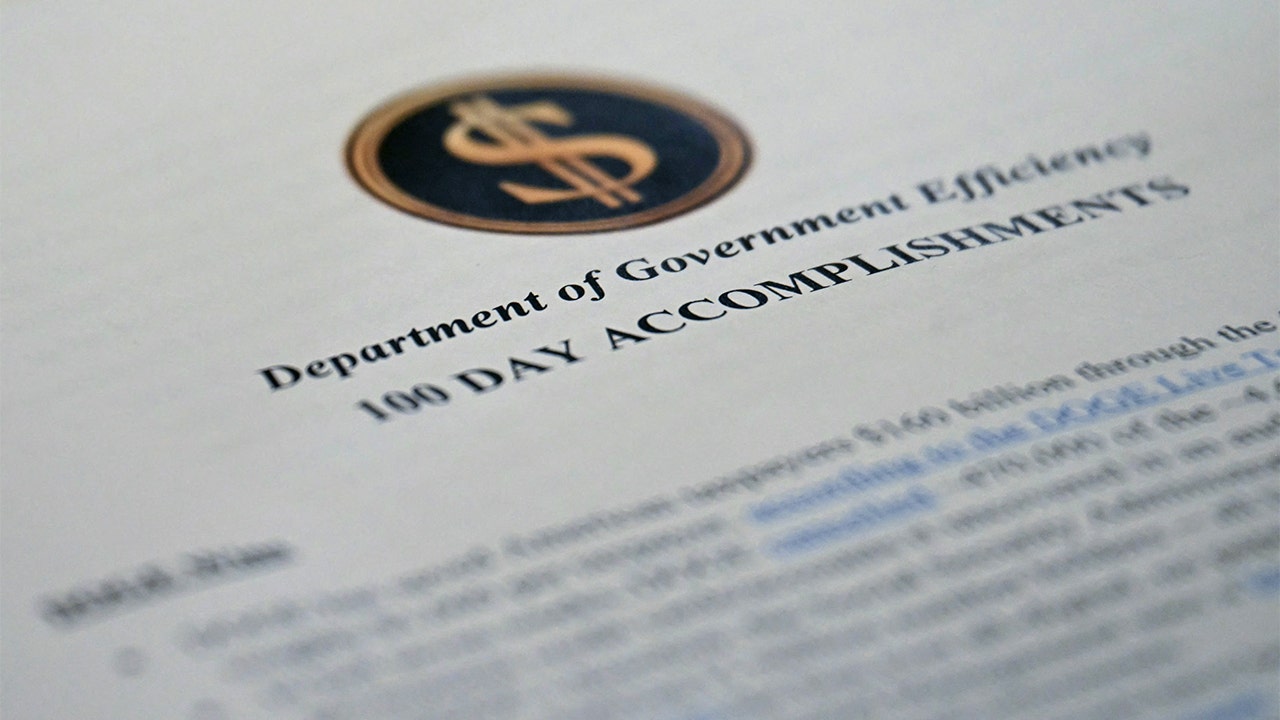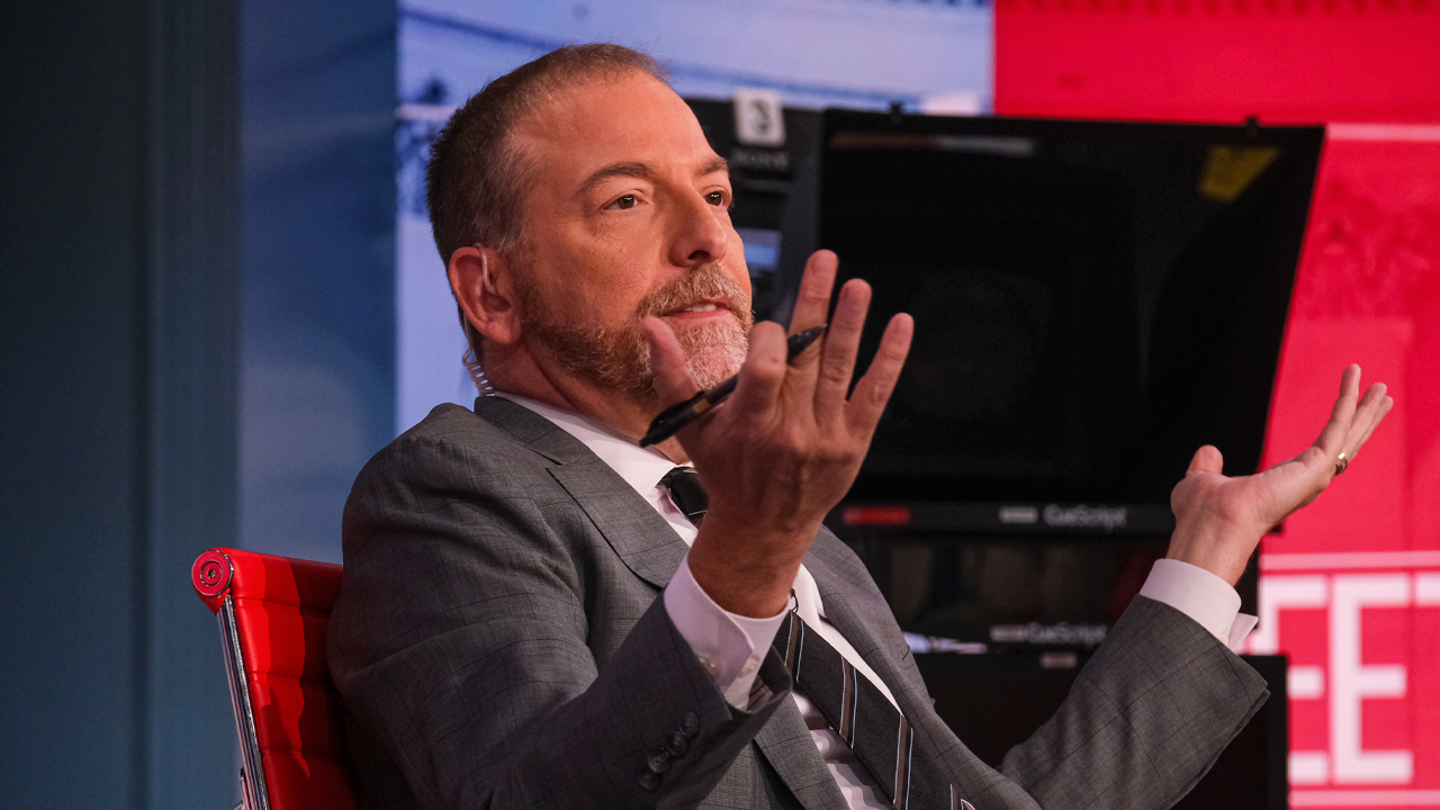Search jobs
Entities mentioned:
- Job Seekers: Ambition, Self-preservation, Security
- Employers: Competitive spirit, Professional pride, Control
Article Assessment:
Credibility Score: 50/100
Bias Rating: 50/100 (Center)
Sentiment Score: 60/100
Authoritarianism Risk: 20/100 (Strongly Democratic)
Bias Analysis:
The content is too limited to show any significant bias. It presents neutral actions for job seekers without favoring any particular ideology or group.
Key metric: Employment Rate
As a social scientist, I analyze that this article is actually a brief call-to-action for a job search platform. It encourages job seekers to engage with the platform by signing up, setting up job alerts, and uploading their CVs. This indicates a focus on facilitating employment connections, which could potentially impact the overall employment rate. However, the extremely limited content provides insufficient context for a comprehensive analysis of its broader societal impact.
- Read more about Search jobs
- Log in to post comments

Advertise with us
Entities mentioned:
- Advertisers: Influence, Recognition, Ambition
- Publication/Platform: Independence, Influence, Professional pride
- Audience: Curiosity, Enthusiasm, Influence
Article Assessment:
Credibility Score: 65/100
Bias Rating: 50/100 (Center)
Sentiment Score: 70/100
Authoritarianism Risk: 20/100 (Strongly Democratic)
Bias Analysis:
The text appears politically neutral, focusing on advertising appeal rather than ideological stance. The emphasis on independence and diverse funding suggests an attempt at balanced positioning.
Key metric: Media Independence Index
As a social scientist, I analyze that this advertisement for a media platform emphasizes its independence and diverse funding model, which could positively impact media independence metrics. The platform's claim of being 'beholden to no one' suggests resistance to undue influence, while the description of its audience as 'influential' and 'action-oriented' implies potential for broad societal impact. However, the solicitation of advertisers introduces a potential tension with the stated independence, as advertisers may seek to influence content.
- Read more about Advertise with us
- Log in to post comments
.png?width=220&dpr=2&s=none&crop=5%3A3)
Newsletters
Entities mentioned:
- Consumer Reports: Professional pride, Duty, Recognition
- Adam Gabbatt: Curiosity, Duty, Recognition
- Donald Trump: Power, Ambition, Control
- Nesrine Malik: Recognition, Duty, Influence
- Jason Okundaye: Recognition, Duty, Influence
Article Assessment:
Credibility Score: 70/100
Bias Rating: 40/100 (Lean Left)
Sentiment Score: 55/100
Authoritarianism Risk: 20/100 (Strongly Democratic)
Bias Analysis:
The article leans slightly left due to the framing of Trump coverage as 'travesties' and 'oddities', and the focus on Black life and culture. However, it maintains some balance by including diverse topics and reputable sources like Consumer Reports.
Key metric: Media Literacy and Public Awareness
As a social scientist, I analyze that this article presents a collection of newsletter offerings covering diverse topics from consumer health to political analysis and cultural exploration. The variety of subjects and approaches indicates an attempt to provide comprehensive information to readers, potentially increasing public awareness on multiple fronts. The inclusion of a Trump-focused newsletter suggests ongoing political polarization and media interest in the former president's influence. The emphasis on managing overwhelming information and avoiding harmful chemicals reflects societal concerns about information overload and health consciousness. This collection of newsletters could contribute to shaping public discourse and individual decision-making on various issues, ultimately impacting overall media literacy and public awareness.
- Read more about Newsletters
- Log in to post comments
Entities mentioned:
- Meta: Influence, Control, Ambition
- Instagram: Influence, Recognition, Competitive spirit
Article Assessment:
Credibility Score: 85/100
Bias Rating: 50/100 (Center)
Sentiment Score: 50/100
Authoritarianism Risk: 30/100 (Generally Democratic)
Bias Analysis:
The content is neutral, presenting factual information about the platform's features and policies. There's no apparent political or ideological slant in the presented information.
Key metric: Technology sector innovation and market dominance
As a social scientist, I analyze that this article appears to be a basic website footer or information page for Instagram, owned by Meta. It does not contain substantial content for analysis, but rather lists various links and sections typically found on a social media platform's informational pages. The presence of 'Meta Verified' and 'Meta AI' suggests the company's push towards identity verification and artificial intelligence integration. The copyright date of 2025 is likely a placeholder for future-proofing the site. This footer demonstrates Meta's continued expansion and integration of its various platforms and technologies, which could impact its market position and influence in the tech sector.
- Read more about Instagram
- Log in to post comments

Terms & conditions
Entities mentioned:
- Guardian News & Media Limited: Control, Professional pride, Security
- Users: Freedom, Curiosity, Self-preservation
- Advertisers: Ambition, Competitive spirit, Influence
Article Assessment:
Credibility Score: 85/100
Bias Rating: 50/100 (Center)
Sentiment Score: 45/100
Authoritarianism Risk: 35/100 (Generally Democratic)
Bias Analysis:
The document presents a balanced, legally-focused approach to terms and conditions. While it primarily protects Guardian's interests, it also outlines user rights and responsibilities fairly.
Key metric: Digital Rights Management and User Data Protection
As a social scientist, I analyze that this comprehensive terms and conditions document reflects Guardian's efforts to establish clear guidelines for user interaction, content ownership, and legal protections. The document emphasizes Guardian's control over its digital content while balancing user rights and responsibilities. It demonstrates a strong focus on protecting intellectual property and managing potential liabilities, which is crucial in the digital media landscape. The inclusion of specific clauses for US and Australian users indicates an awareness of international legal variations and an attempt to globalize their digital presence while maintaining legal compliance.
- Read more about Terms & conditions
- Log in to post comments

DOGE scores win on appeal as court rejects labor union challenge
Entities mentioned:
- Department of Government Efficiency (DOGE): Control, Power, Influence
- Labor Unions: Justice, Security, Moral outrage
- Trump Administration: Power, Control, Ambition
- Fourth Circuit Court of Appeals: Duty, Justice, Professional pride
Article Assessment:
Credibility Score: 70/100
Bias Rating: 55/100 (Center)
Sentiment Score: 40/100
Authoritarianism Risk: 65/100 (Authoritarian Tendencies)
Bias Analysis:
The article presents a relatively balanced view of the court decision, including perspectives from both sides. However, there's a slight lean towards emphasizing the Trump administration's victory, which may suggest a subtle center-right bias.
Key metric: Government Transparency and Accountability
As a social scientist, I analyze that this ruling has significant implications for government transparency and accountability. The court's decision to allow DOGE access to sensitive user data from multiple agencies raises concerns about privacy and data protection. This could potentially lead to increased government surveillance and control over citizen information, which may impact public trust in government institutions. The labor unions' challenge reflects growing tensions between government efficiency efforts and privacy rights. The split decision (2-1) in the appeals court suggests that this issue remains contentious and may face further legal scrutiny.

Chuck Todd warns that Dems are falling into Trump’s trap, 'taking the bait' on redistricting
Entities mentioned:
- Chuck Todd: Professional pride, Duty, Wariness
- Democrats: Power, Justice, Revenge
- Republicans: Power, Control, Self-preservation
- Donald Trump: Power, Control, Influence
- Beto O'Rourke: Ambition, Power, Justice
Article Assessment:
Credibility Score: 70/100
Bias Rating: 55/100 (Center)
Sentiment Score: 25/100
Authoritarianism Risk: 35/100 (Generally Democratic)
Bias Analysis:
The article presents criticism of both Democrats and Republicans, showing a relatively balanced approach. However, there's slightly more focus on Democratic actions and responses, which may indicate a subtle center-right lean.
Key metric: Political Polarization Index
As a social scientist, I analyze that this article highlights the increasing political polarization in the United States, particularly in the context of redistricting efforts. Chuck Todd's warnings about Democrats 'taking the bait' and engaging in 'revenge redistricting' suggest a cycle of escalating partisan tactics. This behavior, according to Todd, plays into Trump's strategy of normalizing unethical political practices. The comparison to historical periods of extreme division (1850s America, 1930s Germany) further emphasizes the perceived gravity of the current political climate. The article suggests that both major parties are prioritizing power over principles, potentially eroding democratic norms and institutions. This escalation of partisan tactics in redistricting could lead to further entrenchment of political divisions, decreased faith in democratic processes, and a more volatile political landscape.

Sean Duffy details spat with Elon Musk over firing air traffic controllers, says cabinet must call shots
Entities mentioned:
- Sean Duffy: Professional pride, Duty, Self-preservation
- Elon Musk: Ambition, Influence, Efficiency
- Department of Transportation: Safety, Control, Duty
- Department of Government Efficiency (DOGE): Efficiency, Influence, Control
Article Assessment:
Credibility Score: 70/100
Bias Rating: 55/100 (Center)
Sentiment Score: 45/100
Authoritarianism Risk: 35/100 (Generally Democratic)
Bias Analysis:
The article presents a balanced view of the conflict, giving voice to Duffy's perspective while also acknowledging Musk's innovative reputation. However, there's a slight lean towards supporting Duffy's position, possibly due to the recent air tragedy mentioned.
Key metric: Transportation Safety and Efficiency
As a social scientist, I analyze that this article highlights a conflict between government efficiency and safety concerns in the transportation sector. The disagreement between Sean Duffy and Elon Musk represents a broader tension between innovative cost-cutting measures and maintaining critical safety standards. This incident, especially in light of the subsequent tragic plane crash, underscores the delicate balance required in managing public transportation systems. The article also touches on themes of bureaucratic power dynamics and the importance of established governmental processes in decision-making.

Vulnerable Democrats hammered with scathing ad handcuffing them to Mamdani, Jeffries
Entities mentioned:
- National Republican Congressional Committee (NRCC): Competitive spirit, Power, Influence
- Democratic Party: Power, Influence, Unity
- Zohran Mamdani: Righteousness, Ambition, Influence
- Hakeem Jeffries: Ambition, Power, Influence
- Donald Trump: Power, Self-preservation, Influence
- Alexandria Ocasio-Cortez: Righteousness, Influence, Justice
- House Republicans: Competitive spirit, Power, Control
Article Assessment:
Credibility Score: 55/100
Bias Rating: 75/100 (Lean Right)
Sentiment Score: 25/100
Authoritarianism Risk: 45/100 (Mixed/Neutral)
Bias Analysis:
The article leans right, primarily presenting the Republican perspective with limited Democratic rebuttal. It heavily quotes Republican sources and frames Democratic policies negatively, while giving less space to Democratic responses.
Key metric: Political Polarization Index
As a social scientist, I analyze that this article highlights the increasing political polarization in the United States. The NRCC's ad campaign targeting vulnerable Democrats by associating them with more extreme left-wing positions demonstrates a strategy of amplifying ideological differences. This approach likely contributes to further division and reduced bipartisanship, potentially impacting governance effectiveness. The focus on controversial topics such as impeachment, immigration, and socialism suggests an attempt to mobilize the Republican base and sway moderate voters by painting Democrats as radical. This messaging strategy could influence voter perceptions and potentially impact future electoral outcomes, particularly in swing districts.

DAVID MARCUS: Trump understands that safety is for every citizen, not just the lucky few
Entities mentioned:
- Donald Trump: Ambition, Power, Legacy
- Democrats: Competitive spirit, Loyalty, Control
- Sen. Sheldon Whitehouse: Righteousness, Loyalty, Indignation
- Rep. Eric Swalwell: Competitive spirit, Recognition, Influence
- Rudy Giuliani: Determination, Legacy, Professional pride
- Mayor Muriel Bowser: Duty, Security, Pragmatism
Article Assessment:
Credibility Score: 45/100
Bias Rating: 75/100 (Lean Right)
Sentiment Score: 65/100
Authoritarianism Risk: 65/100 (Authoritarian Tendencies)
Bias Analysis:
The article heavily favors Trump's perspective and criticizes Democrats, using loaded language and selective examples. It presents a one-sided view of the crime situation and policy responses, aligning closely with right-wing talking points.
Key metric: Violent Crime Rate
As a social scientist, I analyze that this article focuses on President Trump's initiative to address crime in Washington D.C., framing it as a bold and necessary action. The article draws parallels to historical figures and past successful crime reduction efforts, particularly Rudy Giuliani's work in New York City. It portrays Democrats as obstructionist and out of touch with the realities of crime, while painting Trump as a decisive leader addressing a critical issue. The emphasis on public safety as a fundamental right and governmental responsibility is central to the article's argument. This initiative could potentially impact the violent crime rate in D.C. and, by extension, influence national crime statistics and policies. However, the article's strong partisan framing and lack of diverse perspectives limit its comprehensive analysis of the complex factors contributing to urban crime rates.